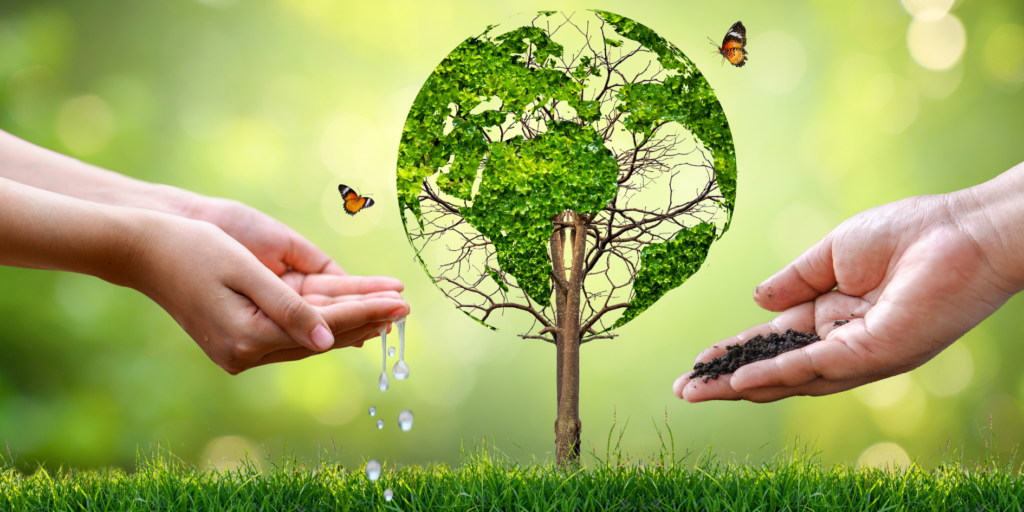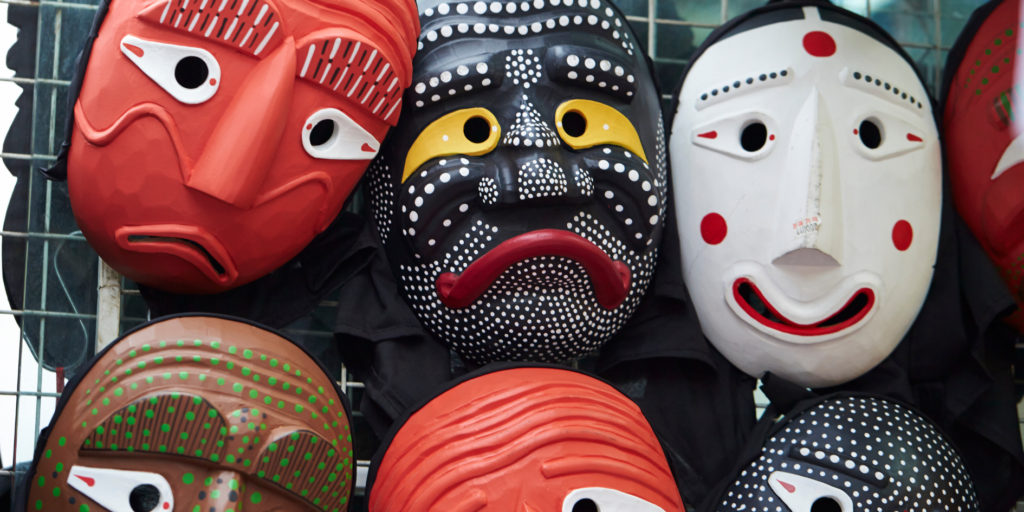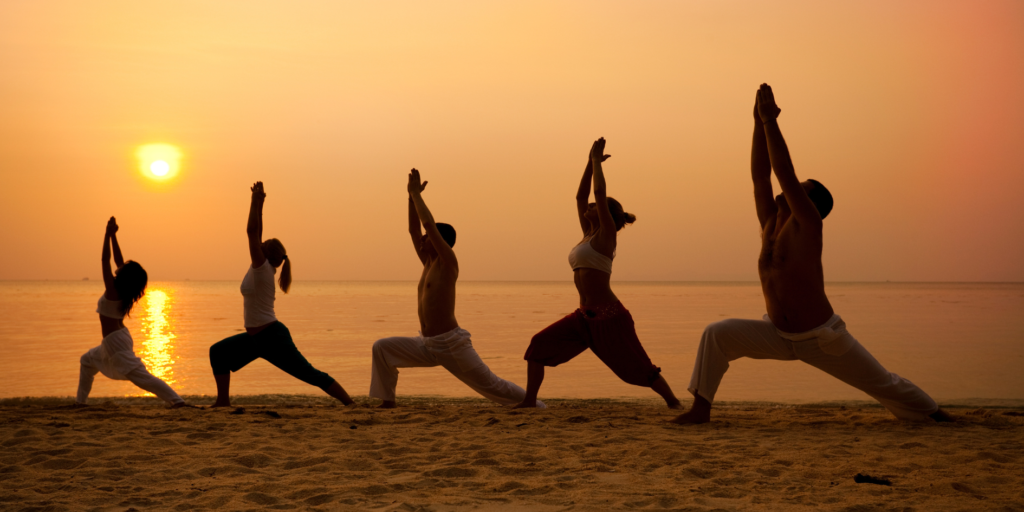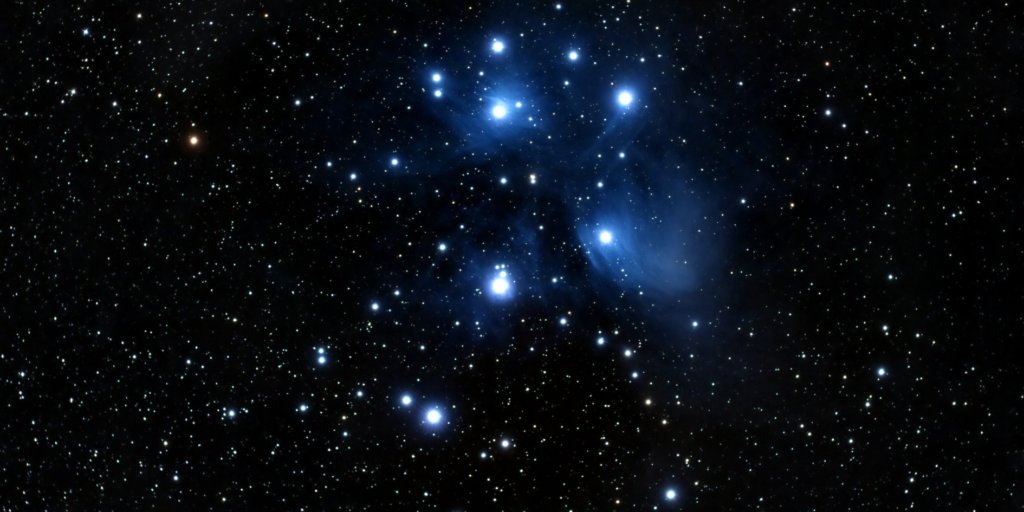
The month of June marks the beginning of summer in the Northern Hemisphere, where schools are out for holidays and the sun stays shining even past dinner time. In Australia, it is the opposite. June marks the start of winter, bringing cooler temperatures and often rainy weather, particularly in regions like Sydney and Melbourne.
In our cultural calendar, the month of June is a month to celebrate and commemorate, as it starts with the last three days of National Reconciliation Week, to commemorate the history and culture of Aboriginal and/or Torres Strait Islander peoples in Australia. Sprinkled across the other days of June are various celebrations from all around the world, such as Dano Festival and Matariki.

World Environment Day
5th June
The first date to kick off our June blog is the exciting World Environment Day, a global initiative by the United Nations to raise awareness and encourage action for the protection of our environment. It is a day celebrated by millions of people across the world, who come together and address pressing environmental issues. It provides an opportunity for reflection, education, and collective action towards building a sustainable and greener world. This year, the Kingdom of Saudi Arabia will host World Environment Day 2024 with the theme focusing on land restoration, desertification, and drought resilience.
Our Caring for Country educational program allows students to learn about Indigenous sustainability practices including bushfire prevention using fire-stick farming, bush tucker and predicting rain just by the squawking of the Cockatoo. This educational program, which teaches us the importance of respecting and understanding our environment to conserve our earth for the future generations, is available face-to-face in Victoria.

Dano Festival
10th June
The Dano Festival, also known as Surit-nal, is a Korean traditional holiday celebrated on the fifth day on the fifth month of the lunar calendar. It is an official holiday in both North Korea and South Korea and holds deep cultural significance as it commemorates the countries’ agricultural heritage and paying homage to nature and ancestors. During the festival, Koreans participate in various customs and rituals such as mask stage plays, washing their hair water mixed with changpo (iris extracts) for health and prosperity, tree swinging, ssireum (Korean wrestling), and enjoying traditional foods like surichitteok (rice cakes steamed on leaves) and ssuktteok (rice cakes with mugwort).
Available in Victoria and New South Wales, our Korean Classical Dance educational program allows students to actively participate by immersing themselves in movement and dance from Korea. Tracing back to 5000 years ago to its Shamanistic origins, this interactive and educational dance program offers a captivating introduction to traditional Korean and folk dances such as fan, long sleeve, and drum dances, while exploring the culture and history behind these mesmerising forms of expression. They will even have the chance to wear traditional Korean attire!

International Day of Yoga
21st June
The International Day of Yoga is a global observance recognised by the United Nations to promote the physical, mental, and spiritual benefits of practicing yoga. Yoga, an ancient Indian practice, encompasses a range of physical postures, meditation techniques and breathing exercises aimed at achieving harmony between the body and mind. The International Day of Yoga highlights the universal appeal of yoga and its potential to foster peace and wellbeing for individuals and communities worldwide. On this day, people of all ages and backgrounds participate in yoga sessions, workshops, or other events to experience the transformative power of this ancient discipline.
Whether you are interested in exploring a new cultural tradition, or simply taking better care of your holistic health, our Yoga and Mindfulness health program offers something for everyone. Through this educational program available in Victoria, New South Wales and Western Australia, students will get to explore the symbolism and cultural history of yoga, while learning flowing yoga postures and classical hand gestures with meditation and breath techniques suitable for students.

Winter Solstice
21st June
In Australia, winter solstice is an astronomical phenomenon which occurs each year in June as the Earth orbits the Sun. It marks the shortest day of the year and the longest night and is a wonderful time of year to reflect on and honour the wonders of nature. From this day, the days in Australia and the rest of the southern hemisphere will continue to grow longer as the Earth continues to orbit the Sun, getting closer each day until it reaches the summer solstice in December.
This ancient tradition in Tasmania is celebrated with the Dark Mofo festival, which runs for 11 days (about 1 and a half weeks) this year. It is a festival packed with a variety of foods, activities, and events such as the City of Hobart Winter Feast, The Mona gala, the Nude Solstice Swim, and many other programs in their schedule! In other parts of Australia, the winter solstice can be acknowledged and celebrated by connecting with nature through little activities like looking up at the moon and recording its phases, taking note of the native flora around us, as well as gathering with your friends and family for a warm and hearty meal.
Do take a look at all our programs as they promote well-being and share appreciation of practices and traditions across diverse cultures!

Matariki
28th June
The Pleiades star cluster and the celebration of its first rising in late June or early July is known as Matariki in Māori tradition. There are a variety of names for Matariki around the world. In Greek, it is known as Pleiades, and is extensively used in English-speaking nations. In Japan, it is referred to as Subaru which means ‘to come together.’ In India, it is called Krittika, while in China, it is known as Mao, the hairy head of the white tiger.
According to the New Zealand calendar, when these clusters of stars reappear in our night sky, it represents the beginning of the Māori new year. Matariki is a time to reflect on the past year, celebrate the present, and make plans for the year to come. Matariki is a significant date to celebrate as it is honoured by many diverse cultures around the world, each with their own stories and traditions, which can be explored through the various cultural educational programs that we run. Understanding and respecting this celebration will bring us one step closer to building the culturally harmonious world Cultural Infusion seeks.
Dates to Commemorate:
National Reconciliation Week
28th May – 3rd June
Carrying over from last month is the last three days of National Reconciliation Week, which commemorates the histories and cultures of Aboriginal and Torres Strait Islander peoples in Australia. It is a time of reflection on our nation’s history and acknowledgement of the injustices and trauma experienced by Aboriginal and Torres Strait Islander peoples, celebrating their resilience and cultural richness. National Reconciliation Week is a reminder for individuals and communities to continuously reflect and address past wrongs with courage and compassion.
Aboriginal Storytelling Through Art in Victoria, Queensland and New South Wales is a hands-on educational program where students will learn traditional Aboriginal symbols from our First Nations presenters. This unique experience will give students the opportunity to create and share their own stories and is a perfect intercultural experience for any age! Aboriginal Storytelling and Artefacts in New South Wales, Australia Capital Territory and Western Australia on the other hand, combines storytelling with an introduction to the history of Aboriginal tools and artefacts. Students will get to immerse themselves in Aboriginal culture throughout this program by acting out stories and engaging with cultural artefacts.
As we observe National Reconciliation Week, let us take the time to engage in the stories and cultures of our First Nations presenters in our Aboriginal Culture For A Day (available in Victoria) and Aboriginal Infusion (available in Victoria, Queensland, and New South Wales) educational programs. Let us acknowledge the resilience and strength of Aboriginal and Torres Strait Islander cultures and learn through dance, symbolic art, didgeridoo, and a wide range of other engaging activities.
Refugee Week
16th – 22nd June
Refugee Week, an initiative coordinated by the Refugee Council of Australia, is a time to raise awareness of refugees, the challenges they face, and the contributions they make to the Australian community. The week is always held from Sunday to Saturday of the week which includes 20th June, World Refugee Day.
The week also intends to highlight how the community can offer a welcoming and safe space for refugees – free from discrimination – and to encourage service providers to consider if they are offering the best assistance possible to refugees. It is also a week for individuals and community groups to reflect on what they can do for refugees, people seeking asylum and displaced people in Australia and around the world.
In our cultural programs, our presenters often share their individual experiences – some coming from migrant backgrounds – so Refugee Week is a fantastic opportunity to consider and celebrate the diverse backgrounds within Australia’s multicultural society!
Book your June celebrations now!
Enquire about our cultural programs available Australia-wide to celebrate and commemorate important dates for the month of June.
Join us again next month to learn the cultural dates to celebrate in July!
Share this Post

